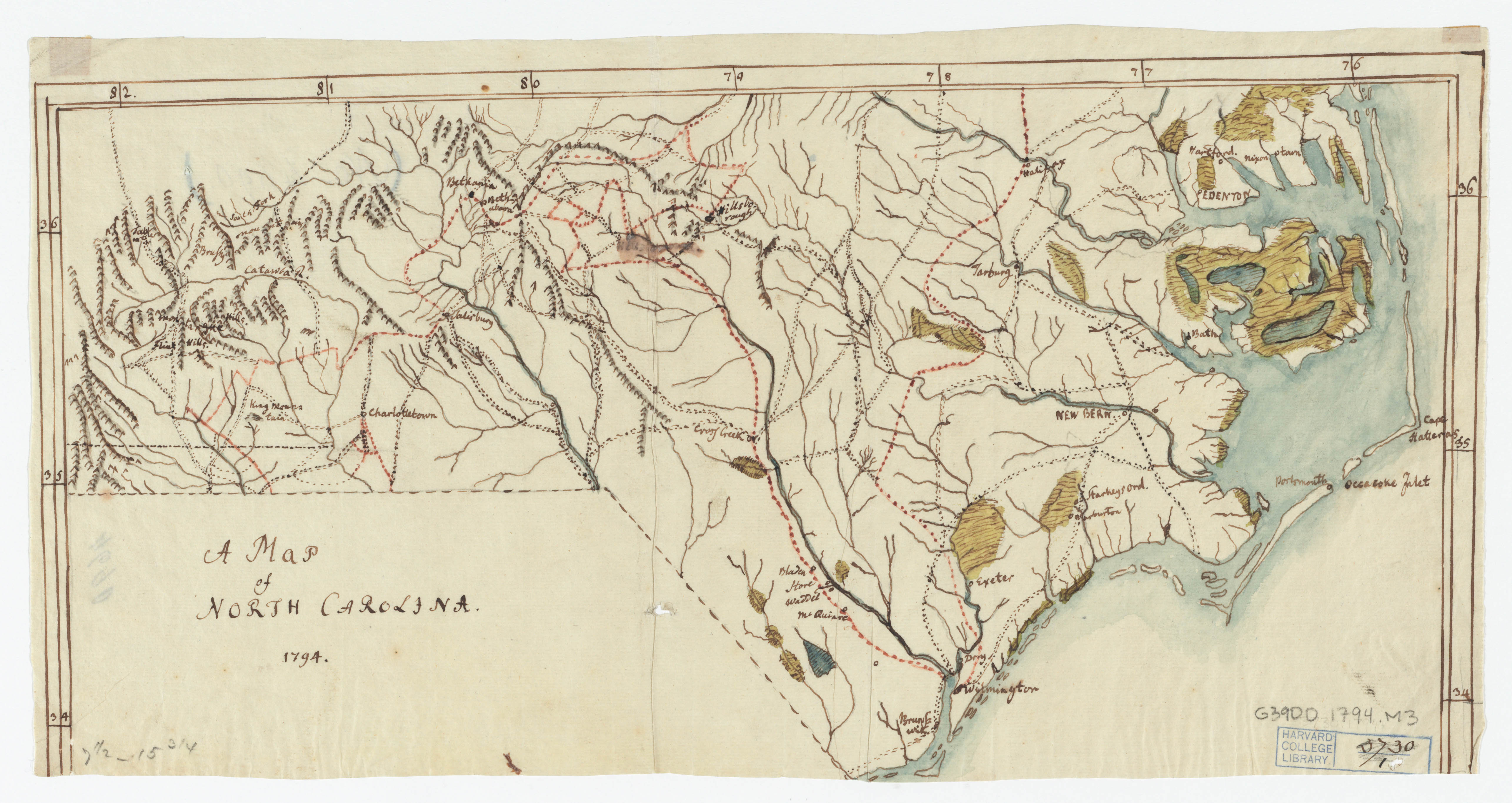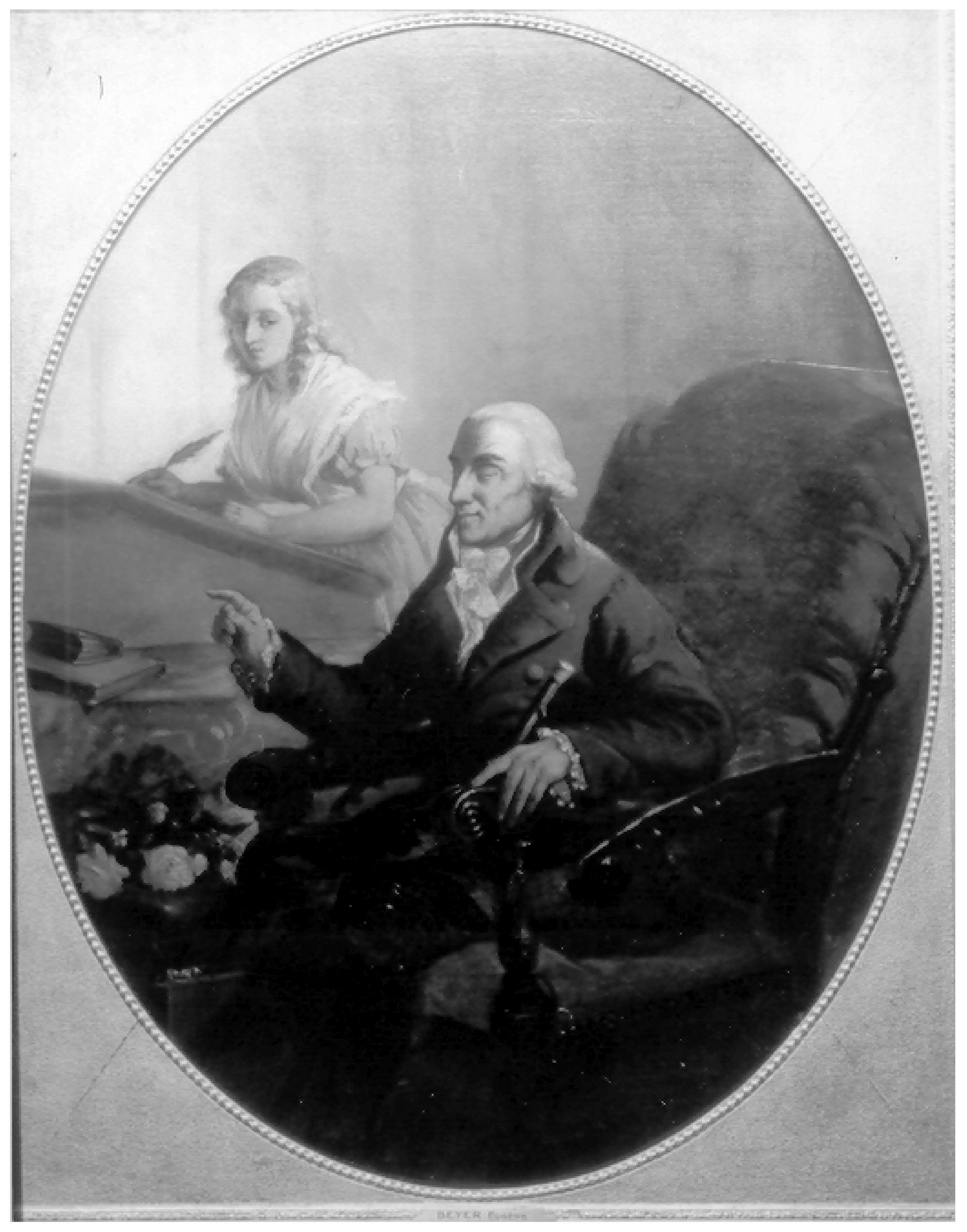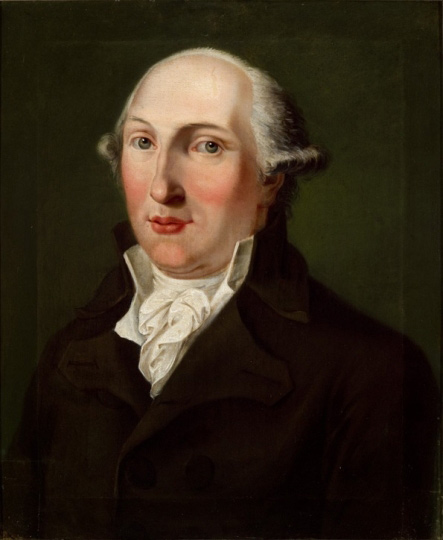|
Philanthropinism
Philanthropinism (also philanthropism) comes from the Greek φίλος (friend) and άνθρωπος (human). It was an educational reform movement in the Age of Enlightenment in the German-speaking area, established in the second half of the eighteenth century. The programme aimed at educating a new man and at the same time at reforming society. The philanthropinists’ ideas of teaching children to become philanthropic, natural and rational beings are partly derived from the theories of childhood and education proposed by John Locke (1632-1704) and Jean-Jacques Rousseau (1712-1778), among others. History Philanthropinism was a movement that founded by the German educator Johann Bernhard Basedow (1723-1790) in light of the Enlightenment in Germany in the last quarter of the eighteenth century. In 1774, Basedow published his '' Elementarwerk'', the first in a row of efforts by philanthropinist educators "to theorize and implement an educational plan that integrated social goals" ... [...More Info...] [...Related Items...] OR: [Wikipedia] [Google] [Baidu] |
Philanthropinum
The Philanthropinum (''from Greek: φίλος = friend, and άνθρωπος = human'') was a reformist, progressive school in Dessau, Germany from 1774 to 1793. It was based on the principles of philanthropinism, an educational movement developed in the German-speaking area during the Age of Enlightenment. History The Philanthropinum, or "School of Philanthropy," was founded on 27 December 1774 by the German educational reformers Johann Bernhard Basedow (1724–1790) and Christian Heinrich Wolke (1741–1825). Basedow was influenced by ideas on childhood and education as proposed by John Locke (1632–1704) and Jean-Jacques Rousseau (1712–1778). At the beginning the Philanthropinum had only one teacher and three students, but numbers rapidly grew as its reputation spread beyond Dessau. Prince Franz supported the school, both financially and with his gift of the Palais Dietrich as a venue. [...More Info...] [...Related Items...] OR: [Wikipedia] [Google] [Baidu] |
Joachim Heinrich Campe
Joachim Heinrich Campe (29 June 1746 – 22 October 1818) was a German writer, linguist, educator and publisher. He was a major representative of philanthropinism and the German Enlightenment. Life Born to the merchant Burchard Hilmar Campe and the preacher's daughter Anna Margaretha Campe (née Gosler) on 29 June 1746, Campe grew up in the village of Deensen in Lower Saxony. After visiting the convent school in nearby Holzminden from 1760 to 1765, he was granted a scholarship and went to study Protestant theology in Helmstedt. His support for his teacher Wilhelm Abraham Teller, whose ideas on an enlightened Christianity were criticised by orthodox theologians, cost Campe his scholarship. He then left Helmstedt and continued his studies of theology in Halle, where he went to lectures of another critical theologian, Johann Salomo Semler. After his studies, Campe moved to Berlin as a private tutor to the Humboldt family. After being a preacher in Potsdam in 1773 and having been gi ... [...More Info...] [...Related Items...] OR: [Wikipedia] [Google] [Baidu] |
Age Of Enlightenment
The Age of Enlightenment or the Enlightenment; german: Aufklärung, "Enlightenment"; it, L'Illuminismo, "Enlightenment"; pl, Oświecenie, "Enlightenment"; pt, Iluminismo, "Enlightenment"; es, La Ilustración, "Enlightenment" was an intellectual and philosophical movement that dominated Europe in the 17th and 18th centuries with global influences and effects. The Enlightenment included a range of ideas centered on the value of human happiness, the pursuit of knowledge obtained by means of reason and the evidence of the senses, and ideals such as liberty, progress, toleration, fraternity, and constitutional government. The Enlightenment was preceded by the Scientific Revolution and the work of Francis Bacon, John Locke, and others. Some date the beginning of the Enlightenment to the publication of René Descartes' ''Discourse on the Method'' in 1637, featuring his famous dictum, ''Cogito, ergo sum'' ("I think, therefore I am"). Others cite the publication of Isaac Newto ... [...More Info...] [...Related Items...] OR: [Wikipedia] [Google] [Baidu] |
Friedrich Eberhard Von Rochow
Friedrich may refer to: Names * Friedrich (surname), people with the surname ''Friedrich'' * Friedrich (given name), people with the given name ''Friedrich'' Other * Friedrich (board game), a board game about Frederick the Great and the Seven Years' War *Friedrich (novel), ''Friedrich'' (novel), a novel about anti-semitism written by Hans Peter Richter *Friedrich Air Conditioning, a company manufacturing air conditioning and purifying products *, a German cargo ship in service 1941-45 See also *Friedrichs (other) *Frederick (other) *Nikolaus Friedreich {{disambig ja:フリードリヒ ... [...More Info...] [...Related Items...] OR: [Wikipedia] [Google] [Baidu] |
Gottfried Nathanael Fischer
Gottfried is a masculine German given name. It is derived from the Old High German name , recorded since the 7th century. The name is composed of the elements (conflated from the etyma for 'God' and 'good', and possibly further conflated with ) and ('peace, protection'). The German name was commonly hypocoristically abbreviated as ''Götz'' from the late medieval period. ''Götz'' and variants (including '' Göthe, Göthke'' and ''Göpfert'') also came into use as German surnames. Gottfried is a common Jewish surname as well. Given name The given name ''Gottfried'' became extremely frequent in Germany in the High Middle Ages, to the point of eclipsing most other names in ''God-'' (such as ''Godabert, Gotahard, Godohelm, Godomar, Goduin, Gotrat, Godulf'', etc.) The name was Latinised as ''Godefridus''. Medieval bearers of the name include: *Gotfrid, Duke of Alemannia and Raetia (d. 709) *Godefrid (d. c. 720), son of Drogo of Champagne, Frankish nobleman. *Godfrid Haraldsson ... [...More Info...] [...Related Items...] OR: [Wikipedia] [Google] [Baidu] |
Christoph Daniel Ebeling
Christoph Daniel Ebeling (20 November 1741 – 30 June 1817) was a scholar of Germany who studied the geography and history of North America. Biography Ebeling was born near Hildesheim, Hanover. He studied theology at Göttingen, but devoted himself to geographical studies, and for 33 years taught history and Greek in the Hamburg gymnasium. He was also superintendent of the Hamburg library, and collected about 10,000 maps and nearly 4,000 books relating to America. Ebeling's magnum opus was a ''Geography and History of North America'' (5 vols., Hamburg, 1796–1816), forming a continuation of Büsching's ''General Geography''. He received a vote of thanks from the United States Congress for this work. He was noted for his extensive knowledge of oriental languages, of classic and foreign literature, and of history and geography. Ebeling's collection was purchased by Israel Thorndike in the year after Ebeling's death, and given by him to Harvard. As a result, Harvard's library col ... [...More Info...] [...Related Items...] OR: [Wikipedia] [Google] [Baidu] |
Caroline Rudolphi
Caroline Rudolphi (also ''Karoline''; 1753–1811) was a German educationist and poet. Born to a poor family in Magdeburg and growing up in Potsdam (Margraviate of Brandenburg, Kingdom of Prussia), she was discovered by composer Johann Friedrich Reichardt, who in 1781 set to music and published a number of her poems. From 1778, Rudolphi served as educator to the daughters of the von Röpert family of Trollenhagen. In 1783, she opened her own educational institute at Trittau. Over the following years, Rudolphi became a widely known and respected Female education, educationist for girls. She became friends with Elise Reimarus, and at her institute she established a Salon (gathering), literary salon, attracting a circle of intellectuals such as Matthias Claudius, Friedrich Gottlieb Klopstock, Friedrich Heinrich Jacobi, Jens Baggesen. Rudolphi moved her institute to Heidelberg in 1803 (in the newly formed Electorate of Baden), where she became socially involved with the circl ... [...More Info...] [...Related Items...] OR: [Wikipedia] [Google] [Baidu] |
Gottlieb Konrad Pfeffel
Gottlieb Konrad Pfeffel (28 June 1736 – 1 May 1809) was a French-German writer and translator from the Pfeffel family. His texts were put to music by Ludwig van Beethoven, Joseph Haydn and Franz Schubert. He is sometimes also known as Amédée or Théophile Conrad Pfeffel, which is the French translation of Gottlieb ("Godlove"). Biography Gottlieb Konrad Pfeffel was born in Colmar. His father, Johann Konrad Pfeffel, was the mayor of Colmar and a legal consultant of the French king, but died when Gottlieb was only two years old. He was raised by his brother Christian Friedrich Pfeffel, who was ten years older. He went in 1751 to the University of Halle to study law, with the intention of becoming a diplomat. There, he was a student of the philosopher Christian Wolff. In 1752, he translated Johann Joachim Spalding's ''Gedanken über den Werth der Gefühle in dem Christenthum'' in French. In 1754, he went to Dresden for treatment of an eye problem; there, he met the poet Christ ... [...More Info...] [...Related Items...] OR: [Wikipedia] [Google] [Baidu] |
Johann Georg Büsch
Johann Georg Büsch (January 3, 1728 at Altenmedingen, Alten-Weding in Hanover – August 5, 1800 in Hamburg) was a German mathematics teacher and writer on statistics and commerce. Biography He was educated at Hamburg and Göttingen, and in 1756 was made professor of mathematics in the Hamburg Gymnasium (school), gymnasium, which post he held until his death. Besides suggesting many theoretical improvements in the carrying on of trade by the city, he brought about the establishment of an association for the promotion of art and industry (german: Hamburgische Gesellschaft zur Beförderung der Künste und nützlichen Gewerbe), and the foundation of a school of trade, instituted in 1767, which became under his direction one of the most noted establishments of its class in the world. For some time before his death Büsch was almost totally blind. As a mathematics teacher he mentored and helped the young Johann Elert Bode, who later became a famous astronomer. Works Besides a history ... [...More Info...] [...Related Items...] OR: [Wikipedia] [Google] [Baidu] |
Philipp Julius Lieberkühn
Philipp is both a surname and a given name. Notable people with the name include: "Philipp" has also been a shortened version of Philippson, a German language, German surname especially prevalent amongst German Jews and Dutch Jews. Surname * Adolf Philipp (1864–1936), German/American actor, composer and playwright * David Philipp, biologist * David Philipp (footballer) (born 2000), German footballer * Elke Philipp (born 1964), German Paralympic equestrian * Elliot Philipp (1915–2010), British gynaecologist and obstetrician * Franz Philipp (1890–1972), German church musician and composer * Julius Philipp (1878–1944), German metal trader * Lutz Philipp (1940–2012), German long-distance runner * Oscar Philipp (1882–1965), German and British metal trader * Paul Philipp (born 1950), Luxembourgian football player and manager * Peter Philipp (1971–2014), German writer and comedian * Robert Philipp (1895–1981), American Impressionist painter Given name * Philipp Bönig ( ... [...More Info...] [...Related Items...] OR: [Wikipedia] [Google] [Baidu] |
Friedrich Gedike
Friedrich Gedike (15 January 1754, Boberow bei Karstädt (Prignitz) (Margraviate of Brandenburg, Mark Brandenburg) – 2 May 1803, Berlin) was a German theologian, teacher and educational reformer of the late Age of Enlightenment. He was the recipient of the letters that made up the book by Karl Philipp Moritz, C. P. Moritz entitled ''Journeys of a German in England in 1782''.Carl Philip Moritz: ''Journeys of a German in England in 1782'', tr. and ed. Reginald Nettel (New York, NY: Holt, Rinehart and Winston, Inc., 1965), pp. 20–21. Life Gedike came from an old family of theologians. His grandfather, Lambert Gedicke, was the ''Feldpropst'' (chief military chaplain) of the Prussian Army, and Simon Gedi(c)ke, Chief Chaplain to the Prince-Elector, Joachim II Hector, Elector of Brandenburg. Ludwig Gedike, later headmaster of the Leipzig Bürgerschule, Ludwig Gedike, was Friedrich's younger brother. Works *''Aristoteles und Basedow.'' 1779 *''Schulschriften.'', two volumes, 1789 and ... [...More Info...] [...Related Items...] OR: [Wikipedia] [Google] [Baidu] |
Karl Friedrich Bahrdt
Karl Friedrich Bahrdt (; 25 August 1741 – 23 April 1792), also spelled Carl Friedrich Bahrdt, was an unorthodox German Protestant biblical scholar, theologian, and polemicist. Controversial during his day, he is sometimes considered an "enfant terrible" and one of the most immoral characters in German learning. Life Bahrdt was born on 25 August 1741 in Bischofswerda, Upper Lusatia, where his father was pastor of the local church. The elder Bahrdt was later a professor, canon, and general superintendent at Leipzig. He received his early education at the celebrated school of Pforta, but some commenters have found his training to have been grossly neglected. At sixteen, he enrolled in the University of Leipzig, where he studied under the mystic Christian August Crusius, who was then head of the theological faculty. The boy varied the monotony of his studies by pranks which revealed his unbalanced character, including an attempt to raise spirits with the aid of '' Dr Faust' ... [...More Info...] [...Related Items...] OR: [Wikipedia] [Google] [Baidu] |




